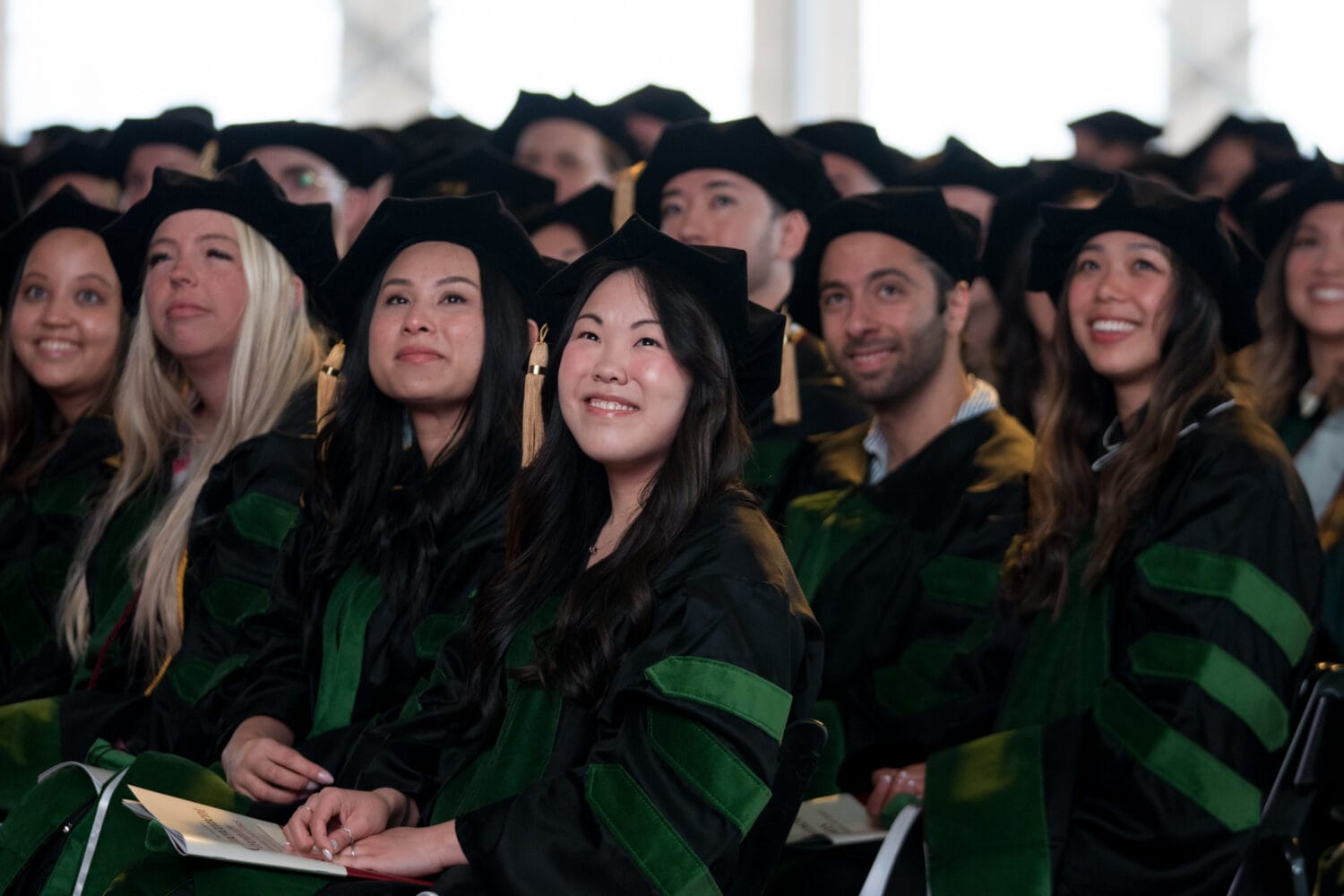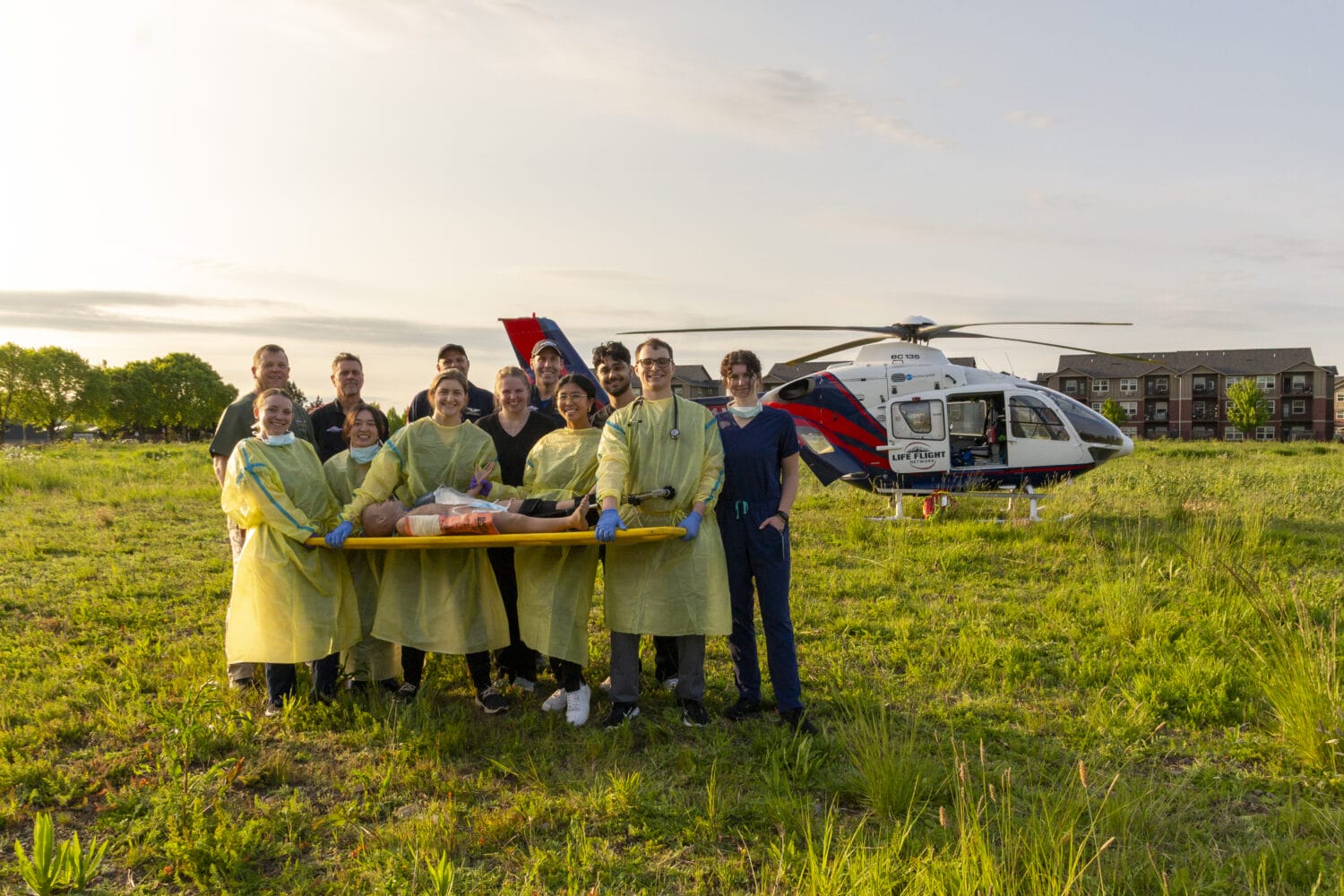The Science of Speaking Out
Veterinary medicine students will someday treat hundreds or even thousands of animals. But they also have an avenue for affecting millions of animals at a time by entering the public debate on animal-related issues.
The College of Veterinary Medicine at Western University of Health Sciences in Pomona, Calif., requires students to take a two-year Veterinary Issues course, with the goal of developing leaders in the profession and in the community, said Gini Barrett, CVM associate professor of biomedical ethics and public policy.
There’s often a disconnect between the real story and what is shown on the news, she said.
"We want students to understand the important role in veterinary medicine to getting the real story to the public," Barrett said. "How can we expect society to make good decisions if the public isn’t given good information?"
The first topic for second-year students is animal agriculture – how it works and the challenges it faces, such as animal welfare and politics. The first speaker in the series was Dan Murphy, author of "The Meat of the Matter" and a writer for www.meatingplace.com and www.meatpoultry.com. He has more than 20 years of experience writing about the meat and poultry industries.
Public discourse on issues of animal welfare and behavior is driven by activists and politicians, he said. What’s missing is the voice of the scientist, those who understand the science of animal welfare and behavior.
"Your responsibilities extend beyond your clinic," Murphy said. "You have a duty to society, to the animal kingdom. Go beyond just one individual veterinarian treating one individual animal. If laws are passed or industry standards are changed, that would affect millions of animals."
Veterinarians need to be vocal, said Cindy Servantez-Garehgrat, 30, a graduate of St. Mary’s University in San Antonio, Texas. The public doesn’t see veterinarians as a resource in the forefront of these debates, she said.
Meeting classmates with different opinions will help her professionally, she said. She disagrees with some of their views, but they still respect each other as colleagues.
"I feel like knowing all perspectives and seeing both sides without bias will educate me," Servantez-Garehgrat said. "When I’m speaking to a problem I know both sides of the story. Interacting with classmates prepares me with dealing with the public."



